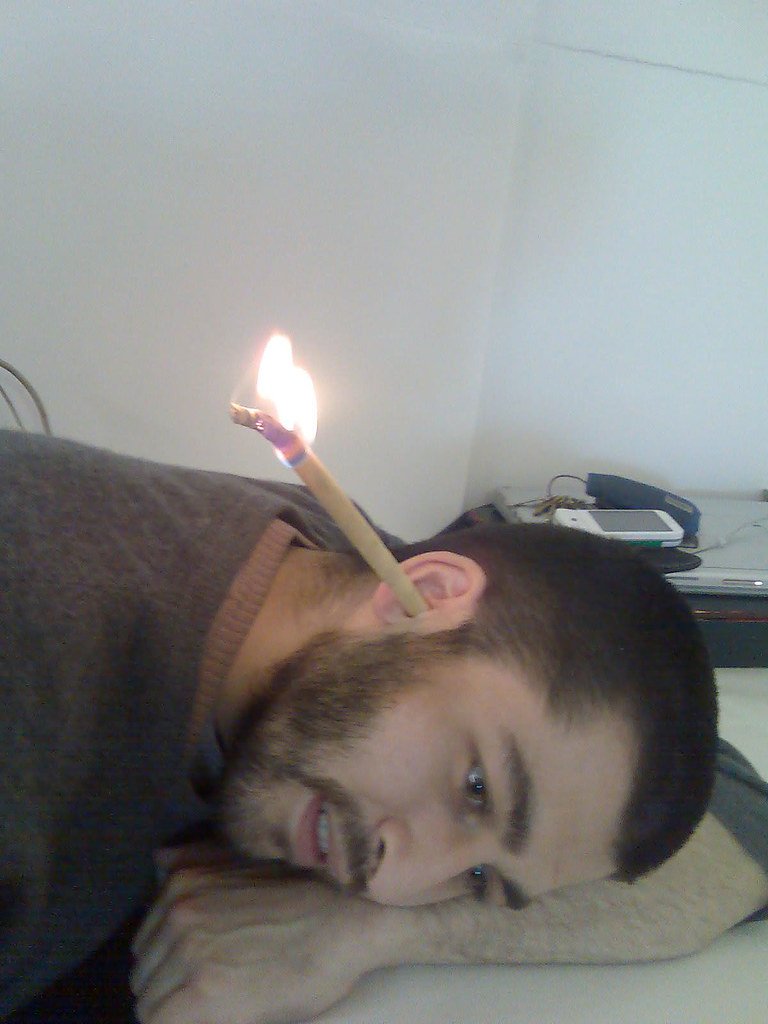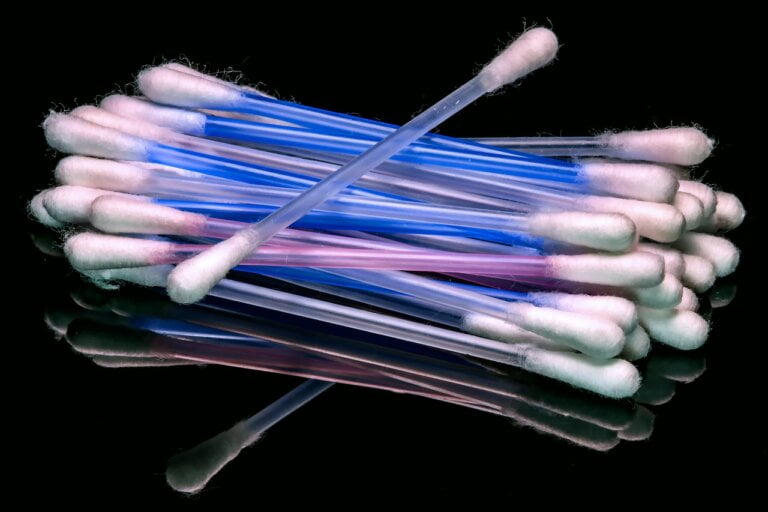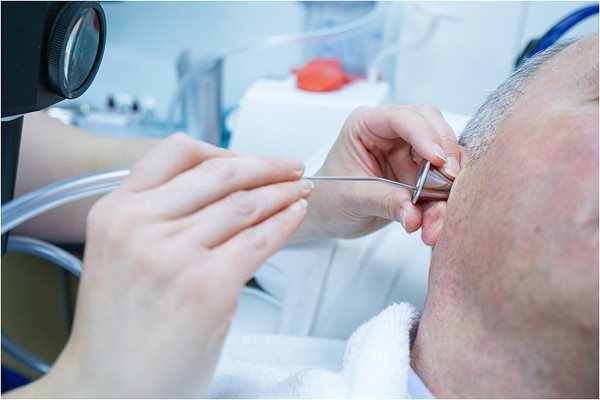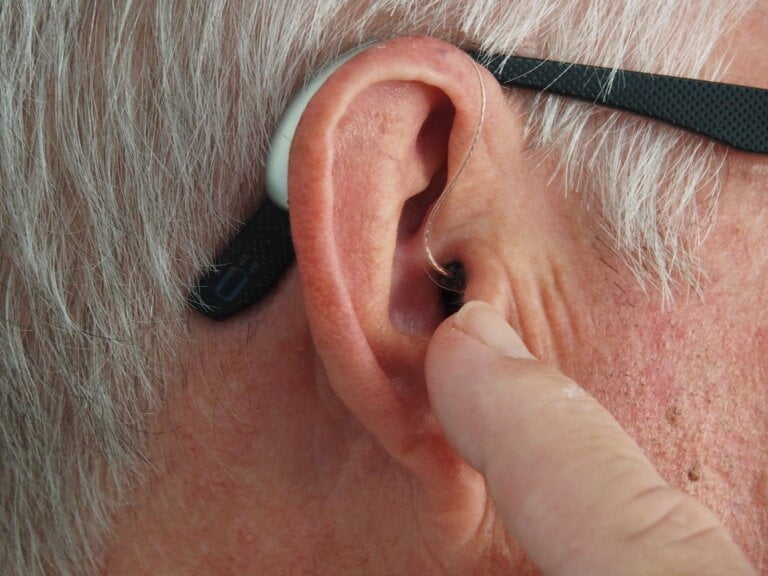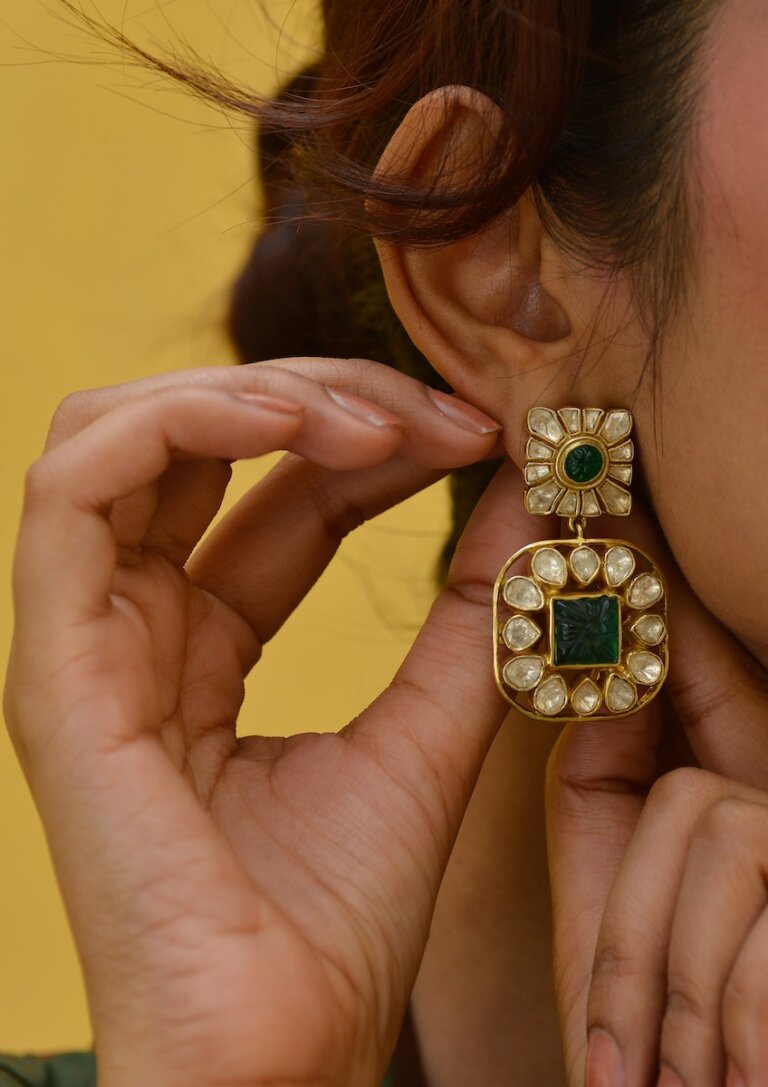Continued Ear Health: Long-Term Aftercare following Professional Ear Wax Removal
Proper ear care is crucial for maintaining good ear health and preventing potential complications. Excessive ear wax buildup is a common issue that often requires professional ear wax removal. After the removal process, it is essential to take long-term aftercare measures to ensure the well-being of your ears. In this article, we will discuss various ways to continue promoting ear health after undergoing professional ear wax removal.
Understanding Professional Ear Wax Removal
Before delving into the aftercare practices, it is important to understand what professional ear wax removal entails. This procedure is commonly performed by healthcare professionals, such as ENT specialists, Audiologists or General Practitioners, using specialised tools. The process involves using suction devices and/or manual instruments to gently remove excess wax from the ear canal to alleviate symptoms like hearing loss, earache, or tinnitus caused by blockages. It is a quick procedure that provides immediate relief from symptoms and restores hearing.
Post-Procedure Care Tips
Following ear wax removal, proper aftercare practices are crucial to ensure optimal ear health. Here are some essential tips to consider:
1. Avoid Inserting Anything into Your Ear
To prevent further complications and potential damage, it is vital to avoid inserting any objects into your ears. This includes cotton buds, hair pins, or any other items that can push wax further into the ear canal or cause injuries. These objects can also disrupt the natural self-cleaning process of the ears, leading to wax build up and blockages.
2. Keep Your Ears Dry
Moisture in the ears can increase the risk of infections and compromise your ear health. After ear wax removal, ensure that your ears remain dry. Avoid swimming or submerging your head in water for a few days, especially in public pools or hot tubs, where bacteria can thrive. If you need to shower, use earplugs or place a cotton ball coated in petroleum jelly in your ear to prevent water from entering.
3. Use Ear Drops as Recommended
Your healthcare professional may prescribe or recommend specific ear drops to use after the procedure. These drops can help soften any remaining wax or prevent future wax build up. Be sure to follow the instructions provided by your healthcare provider and use the drops as directed. The most commonly recommend drops or sprays contain sterilised, natural, olive oil which works to soften and lubricate the ear wax helping it to come out naturally.
In addition to these tips, there are more aftercare practices you can follow to maintain optimal ear health:
- Avoid using headphones or earbuds for long periods: Prolonged use of headphones or earbuds can increase the risk of ear wax build up and blockages. Take breaks and keep the volume at a moderate level to prevent noise induced damage to the delicate structures of the ear.
- Limit exposure to allergens: Allergies can contribute to ear wax production and blockages. If you have known allergies, take necessary measures to manage them effectively. This may include avoiding triggers or using allergy medication.
- Practice good hand hygiene: Before touching or cleaning your ears, make sure to wash your hands thoroughly with soap and water. This helps prevent the transfer of bacteria or other contaminants to your ears, reducing the risk of infections.
- Avoid inserting foreign objects into your ears: Be cautious when using earplugs, headphones, hearing aids, or any other objects near your ears. Ensure they are clean and properly fitted to minimise the risk of infections or injuries. It is also essential to keep small objects away from children to prevent accidental insertion into their ears.
Remember, it is important to monitor your ears for any changes or symptoms following the procedure. If you experience prolonged pain, severe itching, discharge, or any other concerning symptoms, seek medical attention promptly. These symptoms could indicate an infection or other underlying issues that require professional evaluation and treatment.
6. Schedule Regular Check-ups
Even if the ear wax removal procedure was successful and you no longer experience any symptoms, it is recommended to schedule regular check-ups with your healthcare provider. They can assess your ear health, monitor any potential issues, and provide guidance on maintaining good ear hygiene. Regular check-ups allow for early detection of any problems and ensure ongoing care for your ears.
Additional Tips for Optimal Ear Health
In addition to the aftercare practices mentioned above, there are several other measures you can take to promote overall ear health. Consider the following tips:
1. Avoid Excessive Noise Exposure
Prolonged exposure to loud noises can damage the delicate structures of the ear and lead to hearing loss. To protect your ears, limit your exposure to loud sounds and wear ear protection, such as earplugs or earmuffs, in noisy environments or when engaging in activities like concerts or machinery operation. Noise-induced hearing loss is preventable, and taking precautions can preserve your hearing abilities.
2. Maintain a Healthy Lifestyle
A healthy lifestyle can contribute to better overall health, including ear health. Ensure you eat a balanced diet rich in nutrients, maintain regular exercise, stay hydrated, and avoid smoking. These habits can enhance your immune system and reduce the risk of ear infections. Proper nutrition supports the health of the delicate structures within the ear and helps maintain optimal hearing.
3. Be Mindful of Allergies
Allergies can exacerbate ear issues and increase the production of ear wax. If you have allergies, take necessary measures to manage them effectively. Consult with your healthcare provider for appropriate allergy management strategies, such as avoiding triggers, using antihistamines, or receiving allergy shots. By keeping your allergies under control, you can reduce the likelihood of ear wax accumulation and related complications.
4. Protect Your Ears from Foreign Objects
Be cautious when inserting any objects into your ears, such as headphones or hearing aids. Ensure they are clean, and avoid sharing them with others to minimise the risk of infections. Additionally, be mindful of small objects that could accidentally enter your ears, such as beads or small toys, especially when children are involved. Preventing foreign objects from entering the ear canal reduces the risk of injuries and blockages.
5. Educate Yourself on Ear Health
Staying informed about ear health, common ear conditions, and preventive measures is essential for maintaining optimal ear health. Educate yourself on the anatomy of the ear, how to identify early signs of potential issues, and the importance of regular check-ups. Knowledge about ear care and potential complications empowers you to take proactive steps to maintain optimal ear health and seek appropriate medical advice when needed.
Remember, the information provided in this article is for informational purposes only and should not substitute professional medical advice. If you have any concerns or questions regarding your ear health, always consult with a qualified healthcare provider.


